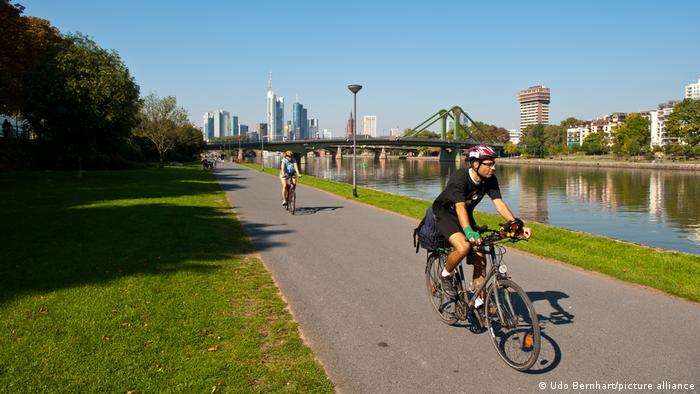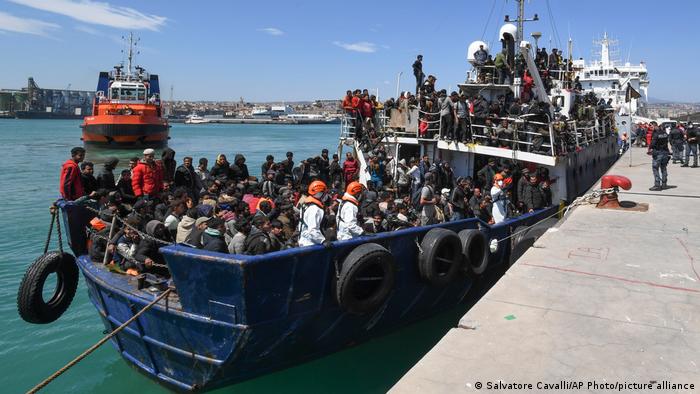A TOURIST has warned of a potential scam while travelling in Europe.
On separate trips to Rome and Vienna, the person encountered other tourists asking to buy them food, saying they had run out of money.
However, the holidaymaker wasn’t sure if this was a trend, or something to be wary of, so he took to Reddit to ask other tourists if they’d encountered the same thing.
He wrote: “I’m in Rome and today I had a guy come up to me while I was sitting on a bench.
“He explained that he was from Hungary where he worked as a painter, had three more days of vacation in Rome, but had run out of money.
“He then straight up asked me to buy him some pasta at a place nearby.
“I told him I was on a low budget myself but offered him two bananas I had, which he ended up taking.”;
This wasn’t the first time the tourist had encountered other tourists asking for food either.
He continued: “I’ve had something similar happen on my previous trip, pre-covid, at a bus terminal in Vienna.
“A guy came up, explained that he was visiting from the Balkans with some vague story about how his cash ran out and asked me to buy him some fast food at the kiosk.
“This guy actually got annoyed when I offered him something I had on me, calling it s*** food.
“This guy must’ve been in his 40s, the guy today about 30.
“Maybe I’m too sceptical, but I don’t really buy their story of just running out of money for food.
“At the same time I can’t really figure out what their deal is it they are lying. Are they just really cheap travellers trying to eat for free? Something else?
“Anyone who has experienced this? I’d like to know if this is a common phenomenon or just a coincidence that it happened twice to me.”;
Some people explained that the man was the target of a scam set up by shopkeepers to get more money.
One person explained how it works.
They said: “A fairly common scam in some parts of the world involves this kind of begging, usually in which the scammer is working with a local store.
“They beg you to buy some item and once you leave, put it back on the shelf of their partner store and pocket the cash.”;
A second wrote: “It’s a common scam worldwide – ignore anyone who approaches you on the street. Send some money to a local charity if you feel guilty.”;
However, others claimed they were “begpackers”; who one person described as the “shame”; of the backpacking community.
They wrote: “They are called begpackers. I consider them the shame of solo travelling. They are more common in South East Asia, I’m surprised they’ve started to appear in Europe too.”;
Another added: “I’ve seen begpackers especially in Asia. They are leeches that are best ignored.”;
Begpacking became popular before the pandemic, with tourists travelling with little-to-no money and begging in the street to get people to fund their journeys.
The begpackers often face huge backlash and in 2019 the island of Bali cracked down on the problematic “tourists”;.
In an official statement, Setyo Budiwardoyo from the island’s immigration department said they were reporting the begpackers to their embassies, according to Detik, as caring for them should be the embassy’s responsibility.
He said: “We have seen many cases of problematic tourists, lately they are either Australian, British or Russian.
“We tend to report these cases to the relevant embassies, so that they can oversee their citizens who are on holiday.”;
Meanwhile, this fraud expert revealed the tricks that tourists need to use to avoid getting scammed on holiday.
And others were warned of this scam in Spain involving bird poo.




